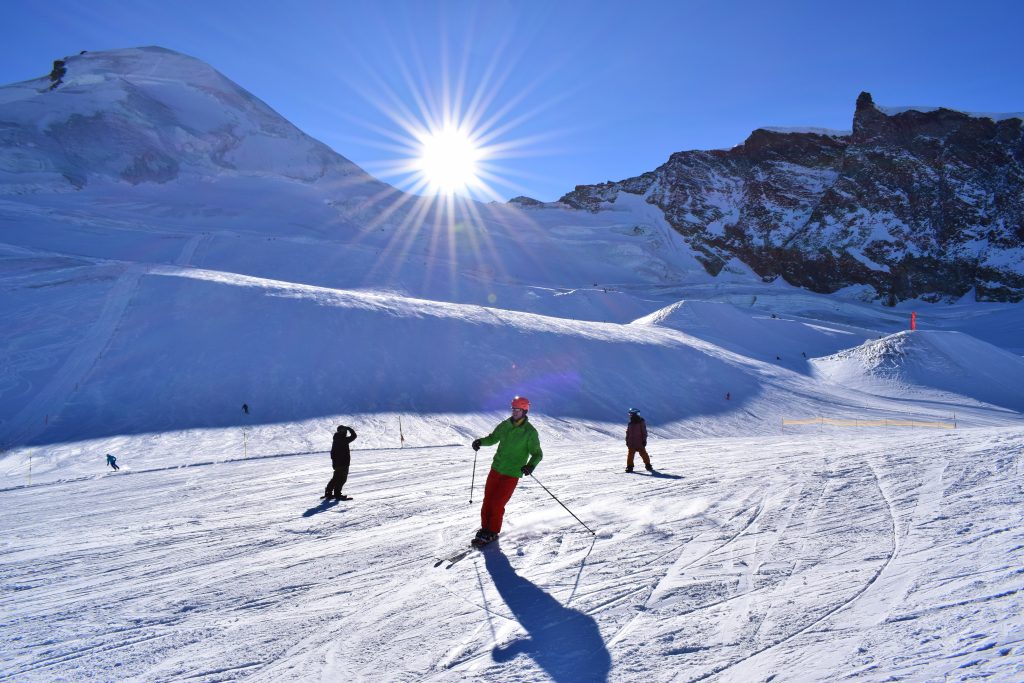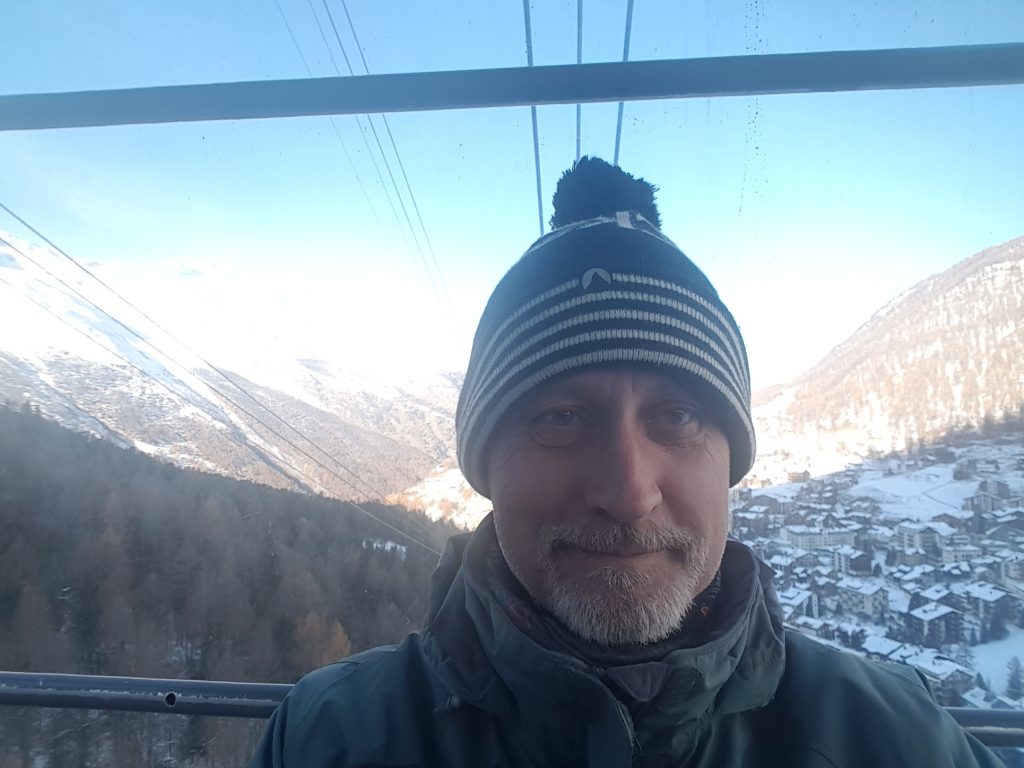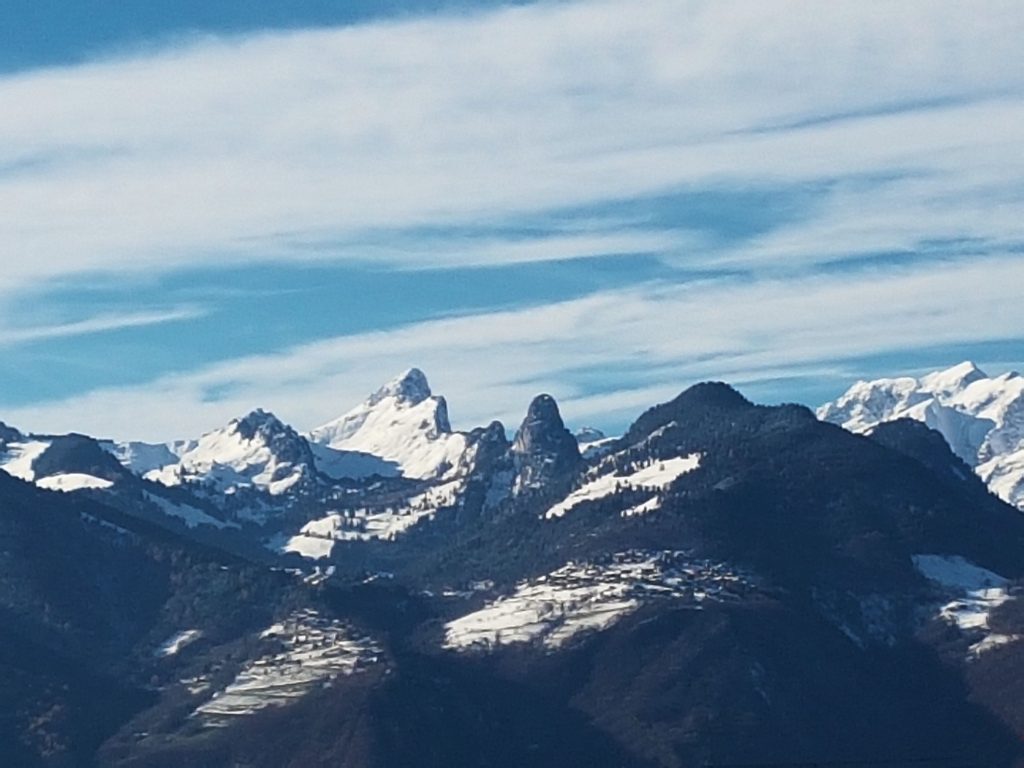Switzerland has some of the best winter sports hotels in the world. With Covid, however, many cantons have closed restaurants and bars except those associated with hotels, and these are only open for residents. Now is perhaps a good time to figure out where are some of the best places to stay with full restaurant and bar service and things to do off the slopes, given that there could be various restrictions yet to come.
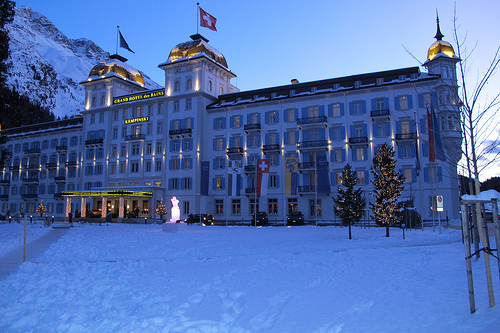
Much as I haven’t eaten in many of the restaurants listed in my previous post, I haven’t stayed in enough hotels in Switzerland to tell you which are the best for winter sports from first hand experience.
However, as is the case with Gault & Millau when it comes to the rating restaurants with the best food in Switzerland, the influential Zurich newspaper, Tages-Anzeiger, annually surveys which are the best 3, 4 and 5 star hotels in Switzerland for winter sports visitors.
The resulting lists are behind a paywall, but I shared the lists from 10 years ago on my “Where to Stay” page at the Swiss Winter Sports web site. Last week the newspaper published their latest annual survey (now up from the top 15 in each category to the top 25) and here are some of the best value choices, based on two people sharing:
For 3 star hotels, the Revier Mountain Lodge (Swiss Lodge) in both Adelboden and Lenzerheide are an impressively affordable at SFr 99 per person per night, although breakfast is an extra SFr 18 and dinner is not included. 3 star hotels offering full board at less than SFr 200 per person per night include the #1 pick Spitzhorn in Saanen (Gstaad), Sporthotel in Pontresina, Kernen in Schönried (Gstaad), Spescha in Lenzerheide and Des Alpes in Flims.
Amongst highly ranked 4 star hotels, there are some that come in cheaper than many 3 star establishments, notably the Ameron Swiss Mountain Hotel in Davos, at SFr 170, followed by the Radisson Blu Hotel Reussen in Andermatt at SFr 190, both full board.
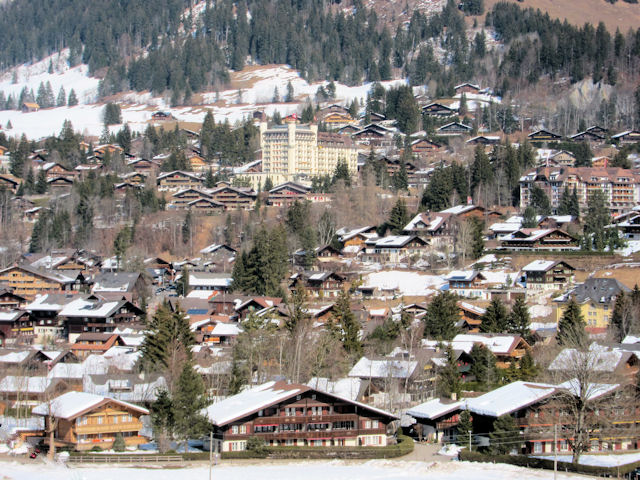
Prices ratchet up quite a bit for the 5 star hotels. However the Lenkerhof Gourmet Spa Resort in Lenk, the Chalet Royalp Hotel & Spa in Villars, the Capra Saas-Fee and the Cervo Zermatt, appear to offer full board mid-season for less than SFr 400 per person per night. The famous Badrutt’s Palace seemed to offer the lowest prices in St Moritz at SFr 495 per night. Gstaad‘s top hotels were even more expensive, but there are options on a lesser budget in both St Moritz and Gstaad.
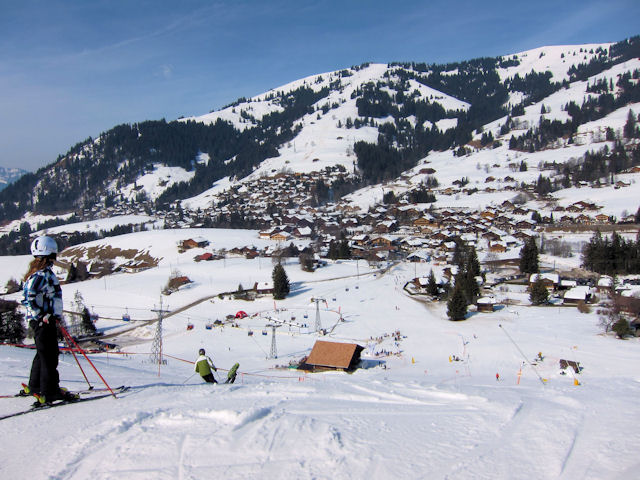
The prices I quoted are taken from Tages-Anzeiger. I did a spot check and they seemed to be broadly correct, but do check at the hotel itself, the Swiss Tourist Board, Bookings.com, TripAdvisor or some other aggregator. Given the Covid situation, you might find some bargains are to be had – I certainly have so far this season.
You may well ask what the different star ratings represent and how durable the Tages-Anzeiger ranking system is by comparing the list of ten years ago with the latest.
Not surprisingly, it was Switzerland who first introduced an independent hotel classification in 1979. In 2010 this became the European Hotelstars .Union, and its classification has been adopted by most Alpine hotels (but not those in France). The full list of criteria is here. However you might want to know what the minimum criteria would be for a hotel selected by Tages-Anzeiger (i.e. three stars):
- Reception opened 14 hours, accessible by phone 24 hours from inside and outside, bilingual staff
- Lounge suite at the reception, luggage service on demand
- Beverage offer in the room
- Telephone in the room
- hair-dryer, cleansing tissue
- Dressing mirror, adequate place or rack to put the luggage/suitcase
- Sewing kit, shoe polish utensils, laundry and ironing service
- Additional pillow and additional blanket on demand
- Systematic complaint management system
For many people a one star hotel will offer everything they want, such as half-board, TV, ensuite bathroom, daily room cleaning and towels. Indeed, I would happily recommend most hostels and many no star hotels in Switzerland to skiers and snowboarders based on my own experience. On the whole Switzerland is an orderly, clean and safe country and I have found even the most basic hostel in the country better than the best hostel I have stayed in elsewhere. Hostels usually offer full board, provide a bar service and have a range of accommodation, – from dormitories to en-suite. Indeed, normally you might prefer a ski-in, ski-out hostel to luxury accommodation where you would need a hotel transfer to get to the slopes. However many of the budget hotels do not offer a dinner or bar service at this time, and many hostels will not be offering shared accommodation any time soon.
It is difficult maintaining a web site dedicated to Swiss winter sports when it is impossible to visit every resort, hotel and restaurant every year and anecdotal information can be inconsistent, so it is useful to have independent input. One question, however, is whether the information is largely consistent from one year to the next and not faddish like many sources. I also wondered whether it is true that the most highly rated establishments tend to maintain more consistent standards over time. If I am right, the best Swiss winter sports hotels in Tages-Anzeiger will have changed less amongst 5 star than 4 and 3 star hotels, comparing 2010 to 2020 and 2020 to last year. Let’s see how it goes.
Well, all but two of the 15 top 5 star hotels in 2010 are in in the top 25 for 2020. The two that have dropped out have been rebranded and appear to be under new ownership, and the two that snuck in to replace them were ranked 23rd and 24th. The ones that dropped out still get good reviews online, but clearly are rebuilding their reputations. The top 10 are the same as last year, with some small differences in ranking. Interestingly, the W in Verbier, which the Telegraph rated 9/10, does not make the top 25 – which may be because the Tages-Anzeiger list addresses Swiss rather than UK tastes.
When it comes to 4 star hotels, only 7 that were in the top 15 are still in the top 15, 10 years later. All the others had dropped out of top 25 altogether. There have been some changes of ownership, but the list for 2020 has a different feel. However only 2 have dropped out from the top 10 of last year, to 14 and 15th places. There are 4 new entrants from last year, 2 of which made it straight into the top 15.
For the 3 star hotels, 6 have retained a place in the top 15, and 9 in the top 25. Only 1 has dropped out of the top 10, down to 16th. There were 5 new entrants, none higher than 17th place.
So it is not very scientific, but it does look like 5 star hotels have more durability than 4 or 3 star hotels but no real difference between 3 and 4 star hotels in terms of durability of reputation.


